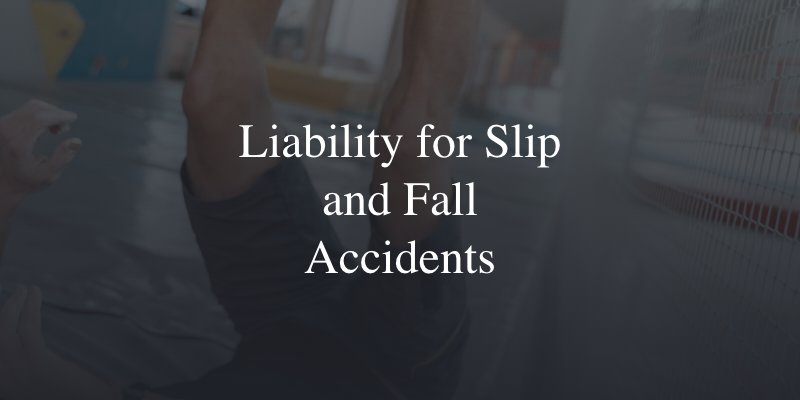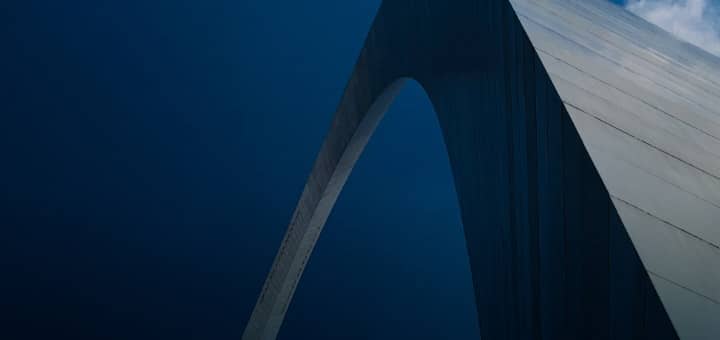Sometimes a fall in a public place is just an embarrassing moment we just shrug off and move on, but a fall isn’t always just a minor inconvenience with a bruised ego. Some slip-and-fall accidents cause serious injuries with temporary or permanently life-altering results. Twisting, hitting an obstacle on the way down, or coming to a hard landing on a solid surface can cause significant physical trauma. Falls are the second highest cause of traumatic brain injuries after car accidents and also cause fractures and other serious injuries. But does a fall victim have to be responsible for the damages resulting from a slip-and-fall accident if it was caused by a preventable safety hazard?
Understanding a Property Owner’s Duty of Care
A property owner or person leasing a property has a legal duty to keep their property reasonably safe. It may not be possible to prevent all falls, but it is prudent for property owners to routinely inspect the property where others are invited or visit. A property owner has the responsibility to recognize potential dangers on their property and promptly address them. Failing to repair a slip-and-fall hazard once a property owner knows the condition exists leaves them liable for damages to the injury victim. For example, if a store owner knows that a leaky pipe in their restroom leaves a puddle on the floor but puts off calling a plumber and still allows customers to use the restroom, they breach their duty to take reasonable care to prevent falls.
Most slip-and-fall claims are resolved outside of court with a settlement from the property owner’s liability insurance, but when slip-and-fall cases go to court, the judge often instructs the jury to ask themselves, “Would another, reasonable property owner have acted differently?” If the answer is yes, then the property owner is liable for the fall victim’s damages like medical expenses and lost wages.

Proving Liability In a Slip and Fall Claim
Although a property owner’s duty of care seems clear, it isn’t always easy to obtain compensation. Insurance companies routinely deny, dispute, or undervalue slip-and-fall accident claims to protect their profit margins. Proving the property owner’s liability requires showing evidence that they knew the slip-and-fall hazard existed, that they owed a duty of reasonable care to the injury victim, that they breached this duty of care, and their breach of this duty directly caused the injury. Finally, the injury victim must prove that they have damages from their injuries. Damages include medical expenses, future medical costs, lost income, and compensation for pain and suffering. Evidence proving liability in slip-and-fall claims includes:
- Eyewitness testimony
- Security camera videos
- Photographs
- Reports of previous injuries
- Medical records
- Medical bills and proof of income loss
Common Causes of Slip and Fall Accidents in Kansas City
Property owners or leaseholders must promptly repair or correct problems that present a safety risk. If the repair cannot be made immediately, they have a duty to warn those lawfully on the property. Common causes of slip-and-fall accidents in Kansas City include:
- Slippery floors
- Icy walkways or steps
- Broken or cracked sidewalks, walkways, or parking lots
- Loose carpets or floor mats
- Unmarked floor-level changes
- Dangling cords
- Debris or clutter on the floor
- Inadequate lighting
- Broken or slippery stair risers
After a slip-and-fall accident, it’s important to go directly to an emergency room or urgent care center to have a medical evaluation and treatment of any serious injury. Then, call a personal injury lawyer in Kansas City to investigate your case, document evidence, and negotiate for the largest possible settlement for your damages.

